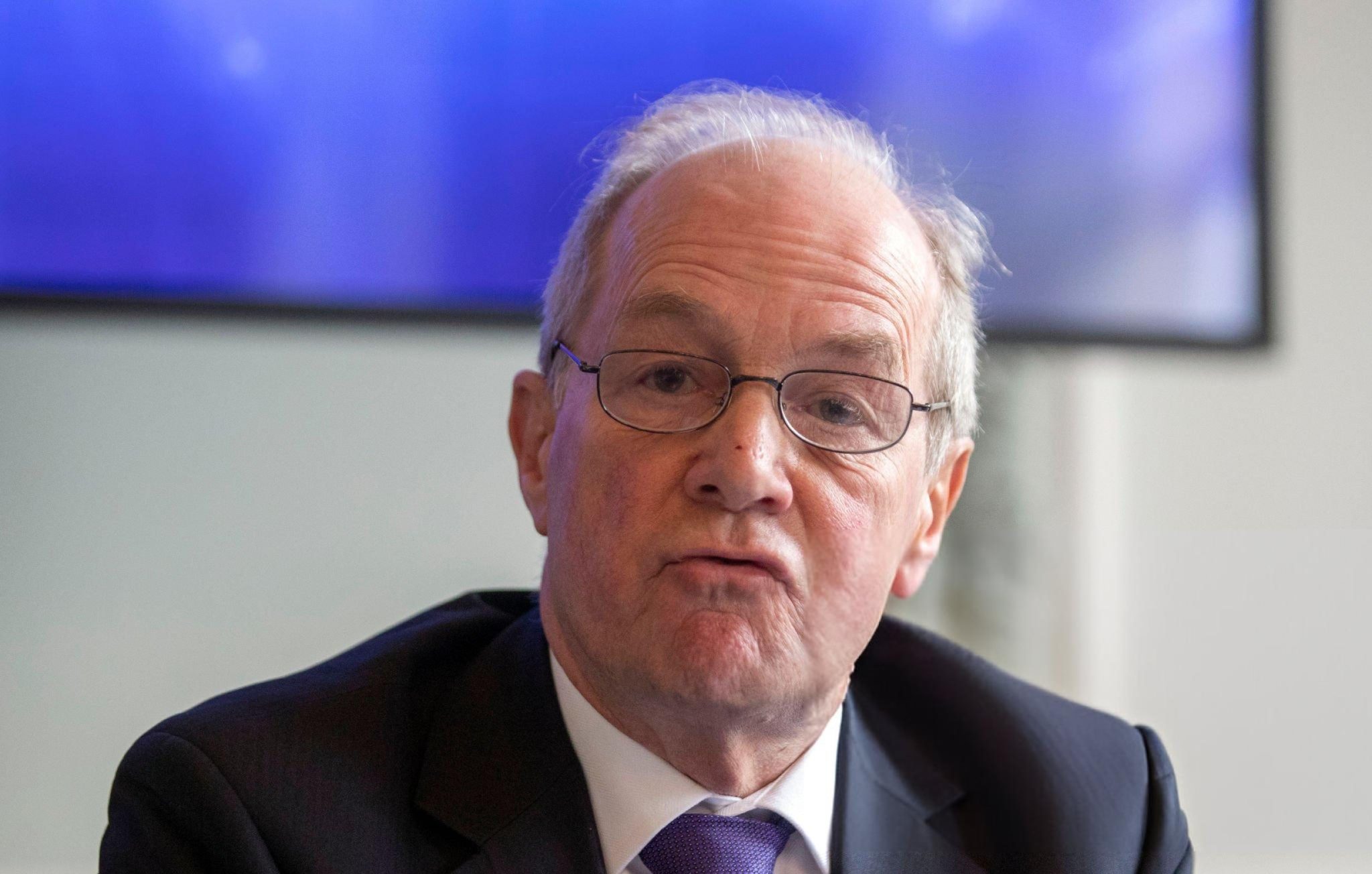Prominent Brexiteer Declares He Is a French Farmer as He Takes Sideswipe at EULord Lilley raises concerns over EU trade practices while Government defends new post-Brexit accord
A prominent Brexiteer and former Cabinet minister has sparked fresh debate in the House of Lords after revealing he owns a smallholding in France – and using the admission to question the European Union’s compliance with international trade rules.
Lord Peter Lilley, a long-standing Eurosceptic and former Trade Secretary, declared his “modest” French farming interest during a parliamentary exchange over the Government’s newly announced post-Brexit “reset” deal with Brussels. The agreement, which ministers say will streamline trade and travel arrangements, is projected to boost the UK economy by £9 billion by 2040.
However, Lord Lilley expressed scepticism about the European Union’s intentions, accusing it of repeatedly breaching World Trade Organisation (WTO) rules, particularly in regard to sanitary and phytosanitary (SPS) measures governing food and agricultural imports.
Speaking in the Lords, he said: “I must declare an interest as a French farmer, in a small way, in my smallholding in France. In any case, I would welcome any agreement that I believed would remove or reduce unnecessary burdens to trade resulting from SPS regulations across the Channel.”
But he went on to criticise the EU’s track record, arguing: “Such an arrangement already exists under the World Trade Organisation, which states SPS measures should not be applied as a disguised restriction on international trade. Yet that is what EU countries do, and the EU has been found in repeated violation of this agreement.”
He challenged the Government’s optimism regarding the deal: “Why does the minister believe the EU will adhere to a rather vague and ill-defined agreement, when it is in flagrant and repeated violation of an agreement that has been in force under international law for some years?”
Responding for the Government, Baroness Smith of Basildon, leader of the House of Lords and a Cabinet member, stood firm: “We are confident about this agreement and confident in our relationship with the EU. Those who export to the EU, and those who import produce into the UK, know how urgent and important this deal is.”
She added: “We believe that we will adhere to the agreement, and we will ensure that the EU does too.”
The deal, while welcomed by businesses frustrated by Brexit-induced bureaucracy, has faced fierce backlash from traditionalists over a key provision granting EU fishing fleets continued access to British waters for another 12 years — a point critics call a “betrayal” of Brexit promises.
Still, some voices within the Conservative Party offered enthusiastic support. Lord Ken Clarke, the former Chancellor and a vocal Remainer, praised the agreement as a long-overdue shift towards a “soft Brexit.”
He remarked: “The hard Brexit we had was quite unnecessarily, fiercely anti-European. This deal shows we can make progress without compromising the referendum result. Can the minister assure us this is just the beginning of more detailed and productive talks?”
Baroness Smith echoed this sentiment: “One of the most important developments is that we now have a willingness to talk, engage, and reach agreement. That has been sorely missing, and the lack of engagement has harmed the British economy and the public.”
She added that the UK-EU relationship should now be “mature,” aiming for pragmatic progress: “Where we agree and can move forward, we want to do so.”
Tory peer Lord Deben, formerly Environment Secretary John Gummer, also lent his support: “This has been widely welcomed across the country and across parties. It shows that this Government are at last dealing with the real world, not some past illusion.”
Lady Smith concluded by reiterating the Government’s focus: “This is about living in the real world and doing the best we can for the economy and the people of this country. The idea of divergence has not materialised to the extent predicted, and much of the paperwork businesses face is unnecessary and burdensome. This deal is a step towards fixing that.”
As the post-Brexit landscape continues to evolve, it’s clear the UK’s relationship with Europe is entering a new phase — one shaped less by ideology and more by the pressing realities of trade, diplomacy, and economic pragmatism.






